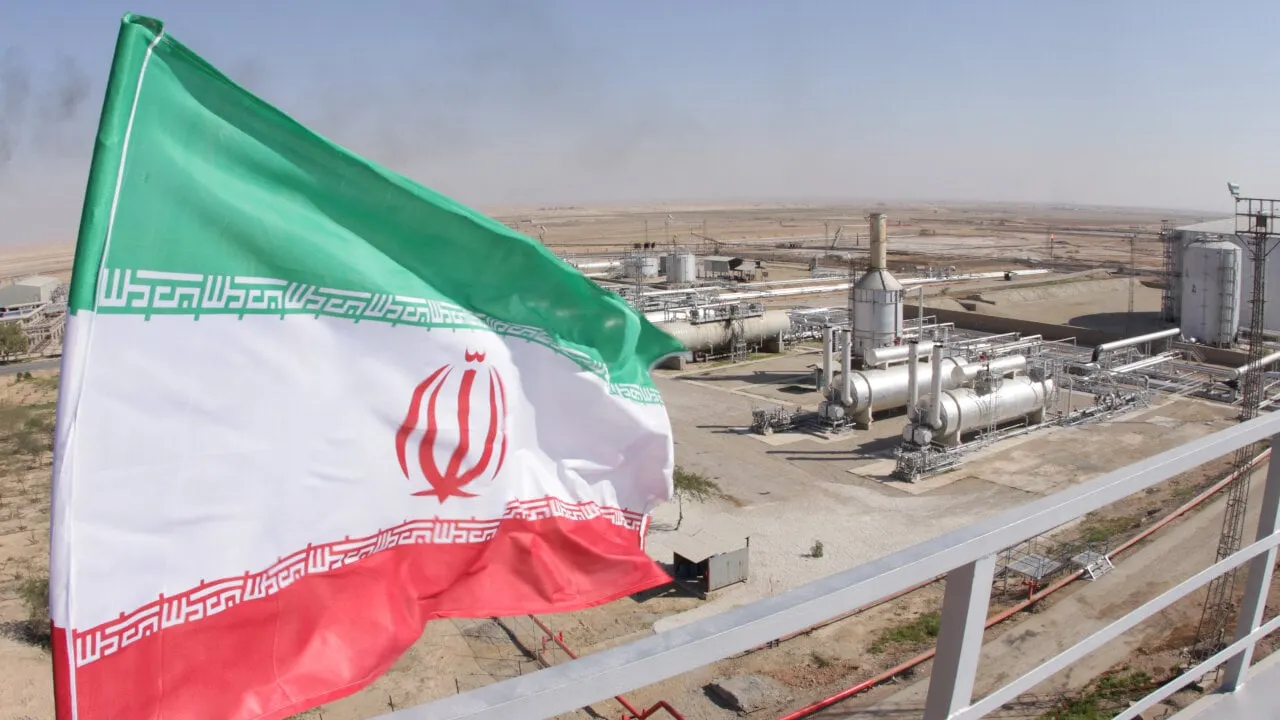Top interrogators from Iran’s Islamic Revolutionary Guard Corps (IRGC) are accused of allegedly orchestrating one of the country’s most audacious crypto thefts—embezzling over $21 million in crypto while investigating defunct exchange Cryptoland and its CEO, Sina Estavi.
The officers, part of the IRGC’s intelligence and economic crimes unit, reportedly moved tokens from the exchange’s seized assets into wallets they controlled—then sold them for personal profit under the guise of a corruption probe.
Court filings reviewed by Iran International point to Mehdi Hajipour and Mehdi Badi, two senior figures in the IRGC’s economic intelligence branch, as ringleaders.
Blockchain evidence in the report showed that wallets controlled by Hajipour alone processed over $21 million worth of BRG, the platform’s native token.
Prior to the scheme, his total assets were valued at $40,000. Four months later, his wealth had exploded to over $14.2 million (600 billion rials), which he reportedly used to acquire gold, luxury real estate, and high-end vehicles.
In March 2022, Hajipour was arrested in a sting operation after accepting a $10,000 bribe from Estavi, who believed he was repurchasing stolen tokens from a third party.
The identity had been fabricated by Hajipour himself. He was later imprisoned at a facility reserved for IRGC insiders and was denied an appeal in September 2022.
Hajipour and Badi didn’t act alone, according to the report.
The scheme allegedly included at least two more IRGC interrogators—Majid Jahan Parto and Majid Tabatabaei—as well as four others who, officials say, forged documents to legitimize the transactions.
Dr. Who?
Badi, who operated under the alias “Dr. Ebadi,” is also the nephew of a former high-ranking IRGC official, deepening concerns about institutional cover-up and impunity, as per the report.
The scandal traces back to May 2021, when Cryptoland CEO Sina Estavi was arrested in Iran after being accused of embezzling $20 million.
Known internationally for buying Block CEO and co-founder of Twitter Jack Dorsey’s first tweet as an NFT for $2.9 million, Estavi was charged with “disrupting the economic system.”
Following his arrest, Cryptoland collapsed, and over 51,000 Iranians filed investor complaints.
In 2023, Estavi was sentenced to 15 years in prison, 75 lashes, fines, and a lifetime ban from public service.
But he managed to flee the country despite a travel ban. A video surfaced showing him in France, and Iran’s judiciary confirmed he had escaped “in violation of legal prohibitions.”
Though Estavi repaid $14 million to 24,000 users, over 25,000 investors remain uncompensated.
The case is part of a broader web of crypto-linked crime involving Iranian nationals.
Earlier this month, the U.S. Office of Foreign Assets Control (OFAC) sanctioned Behrouz Parsarad, an Iran-based operator of the Nemesis darknet marketplace, for overseeing the sale of nearly $30 million in narcotics.
Parsarad allegedly controlled the site’s crypto wallets, took a cut of every transaction, and continues to seek ways to revive the platform.
Edited by Sebastian Sinclair

